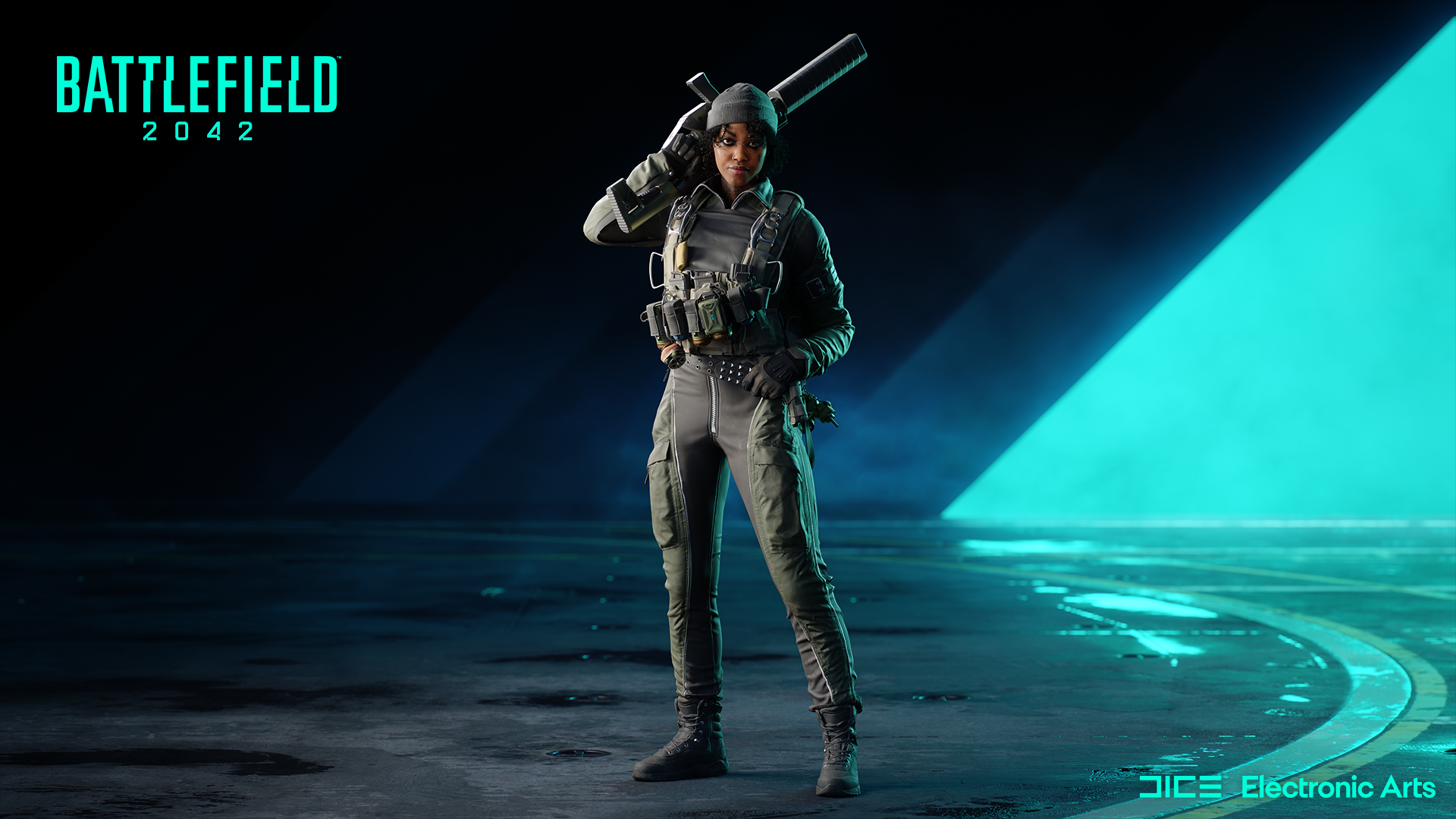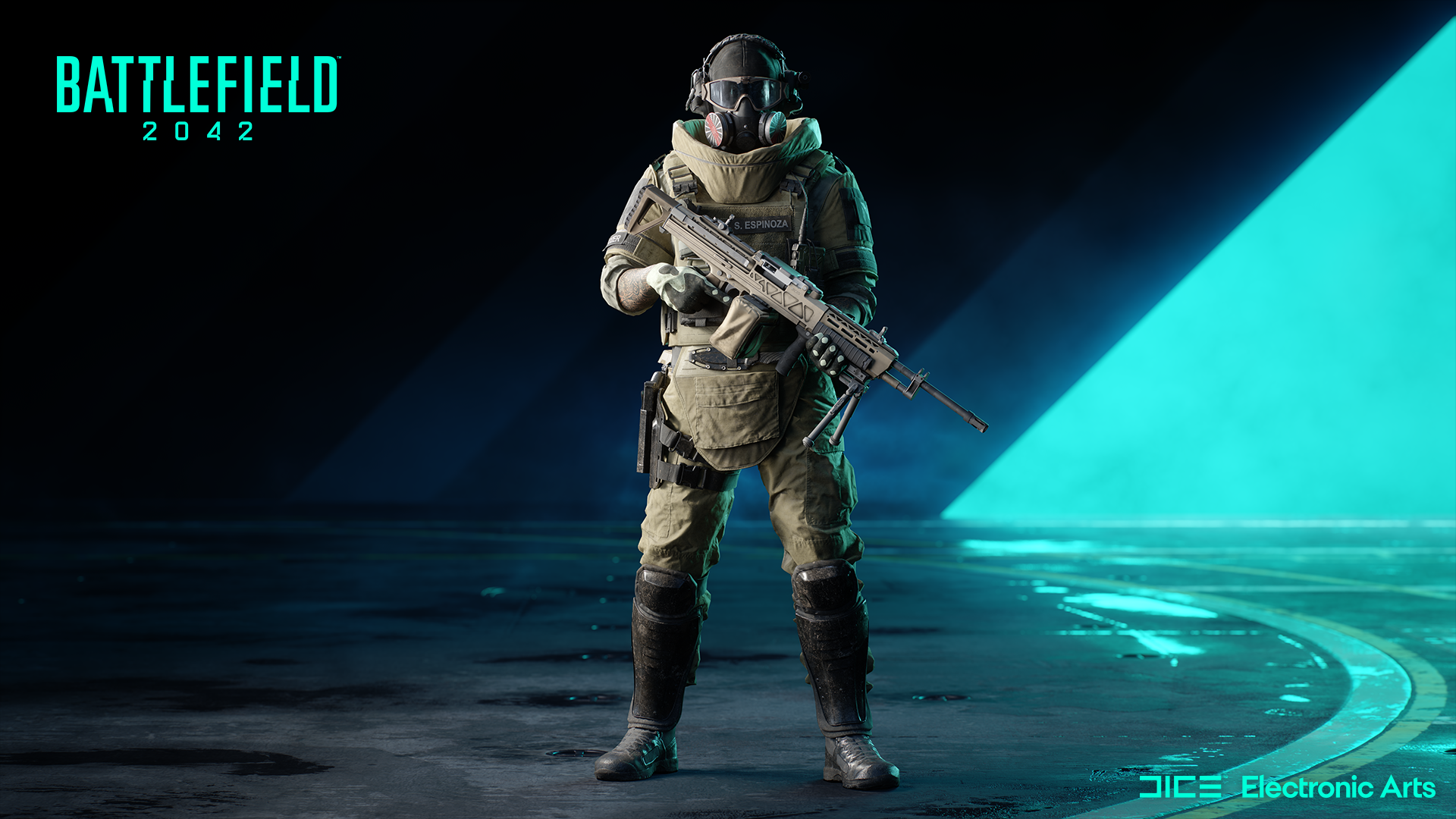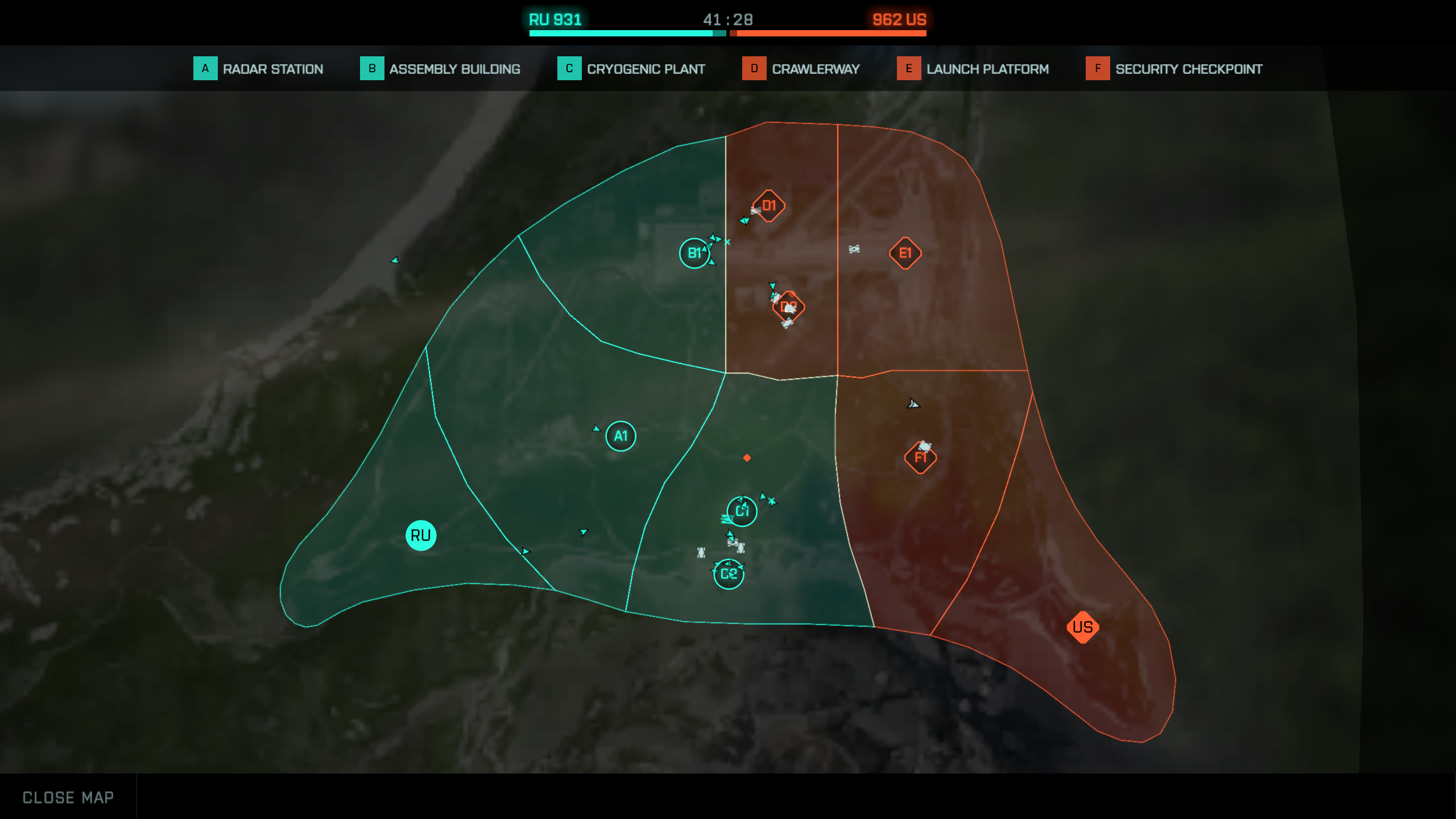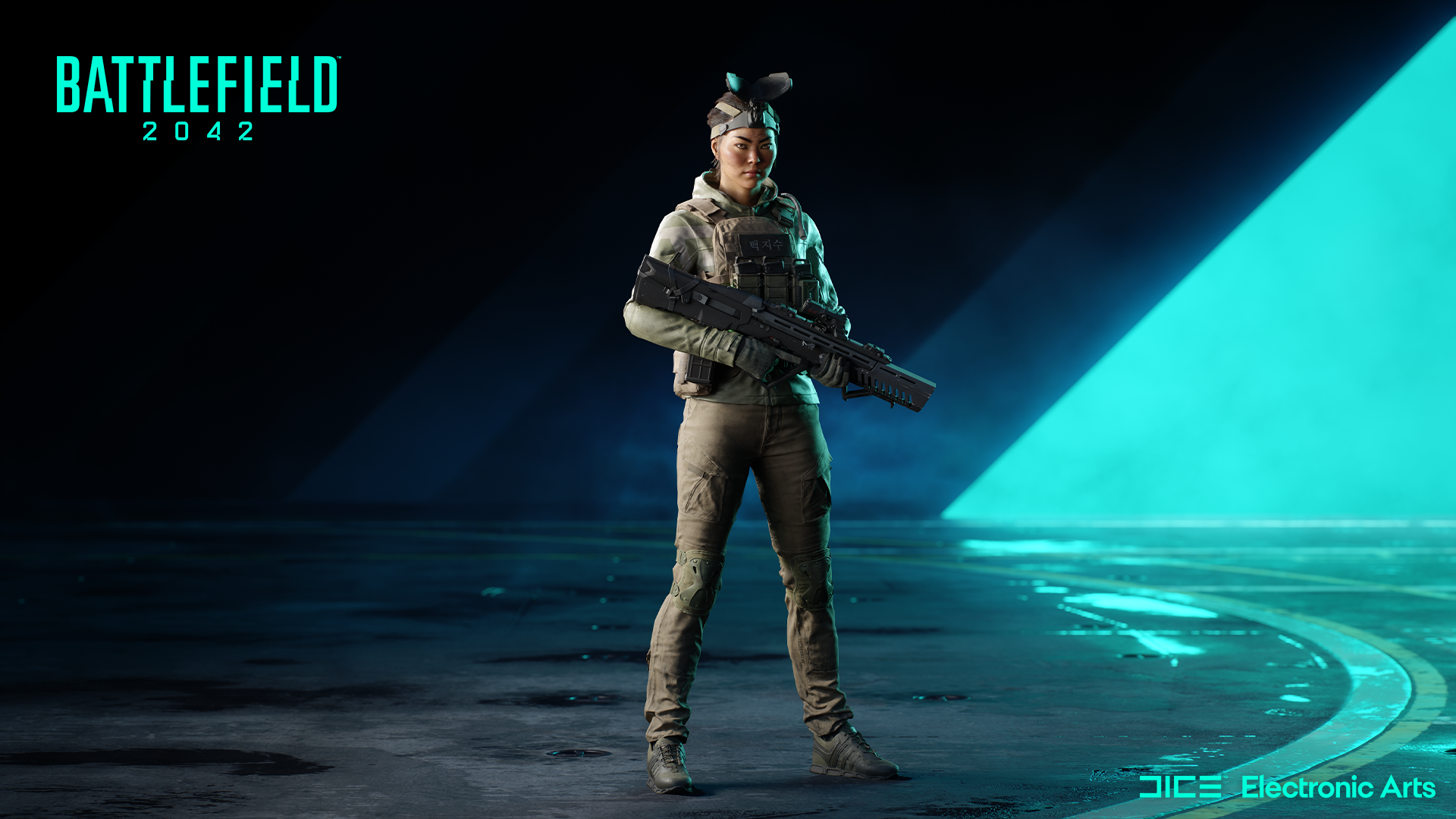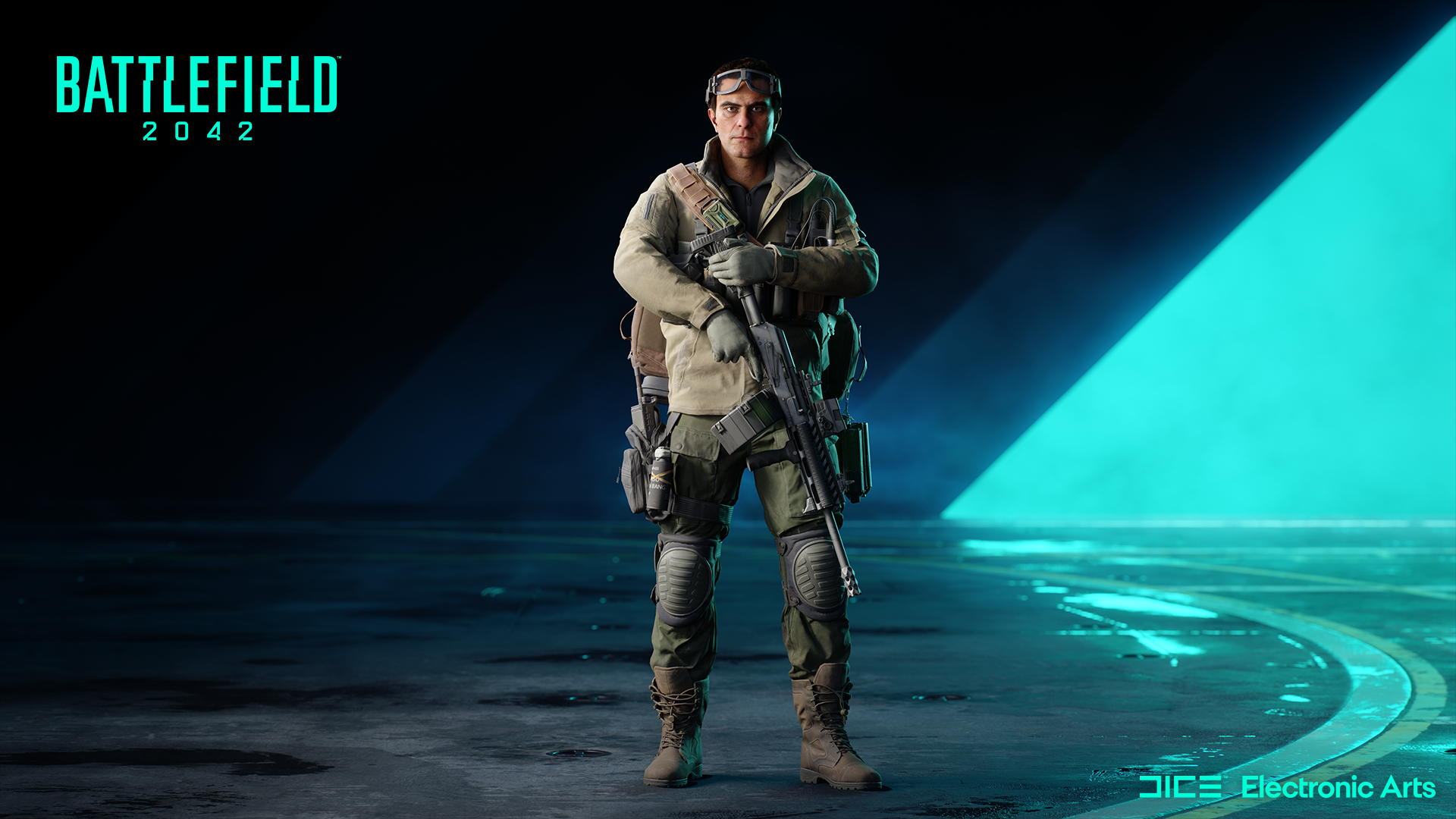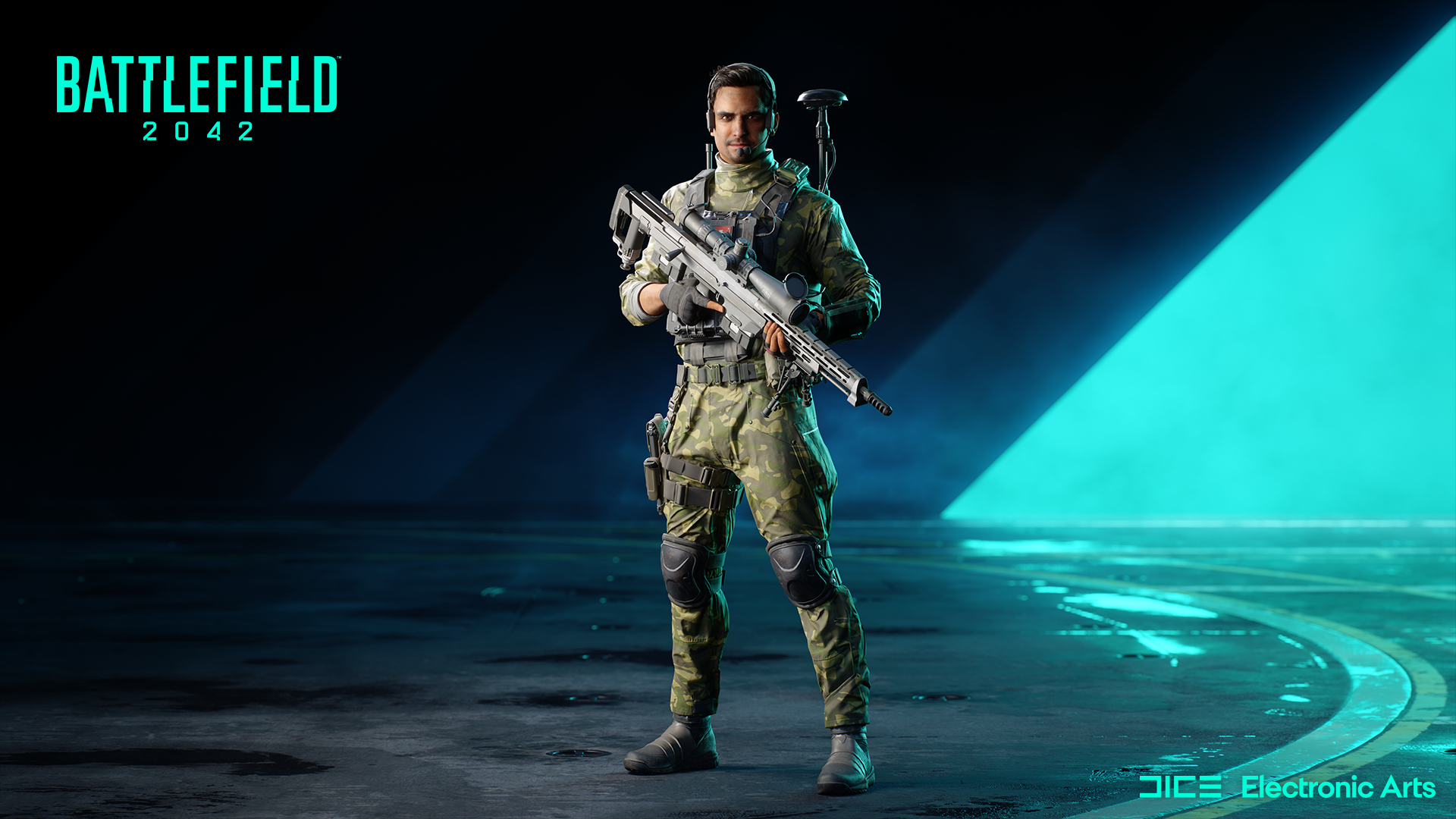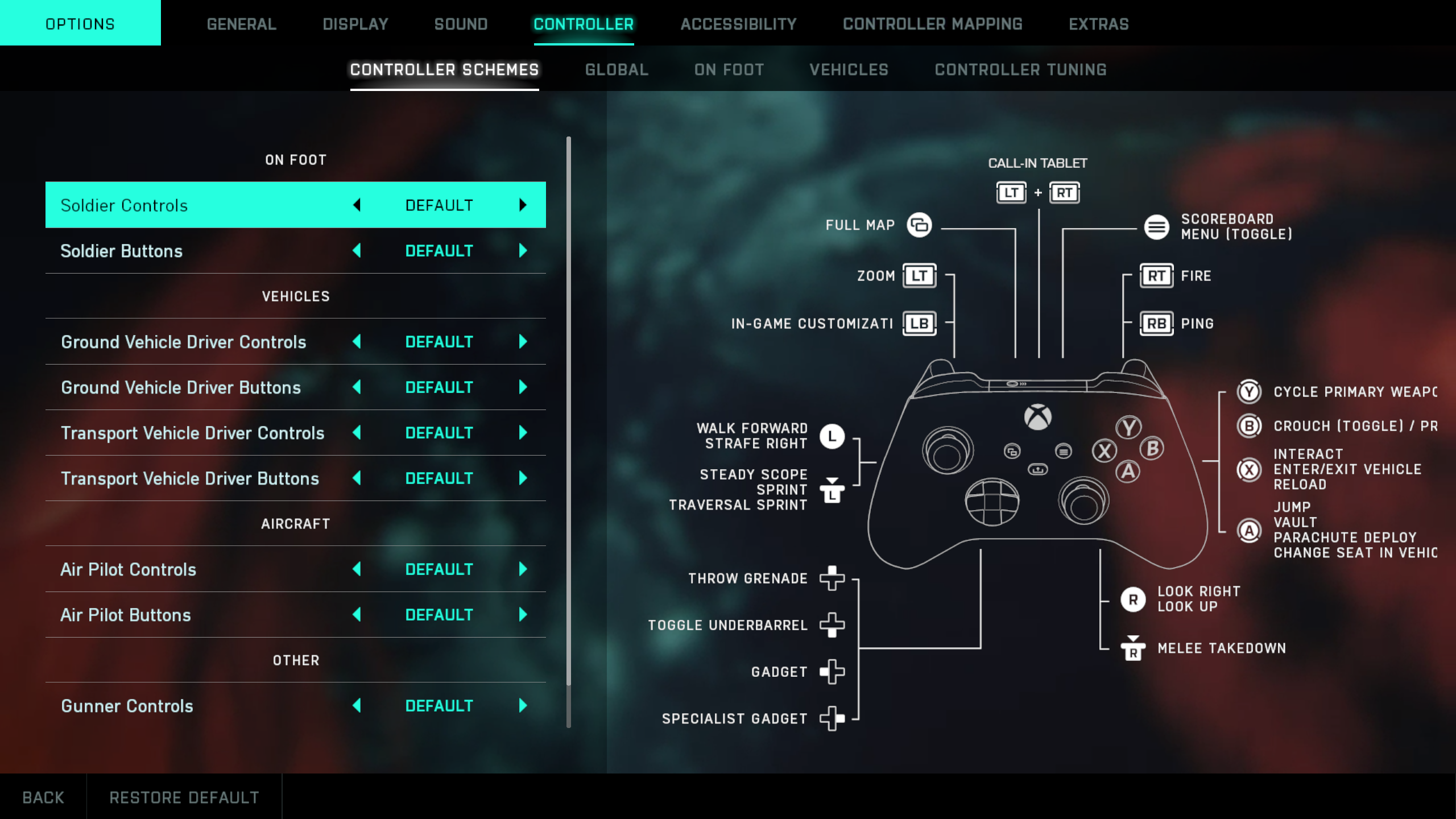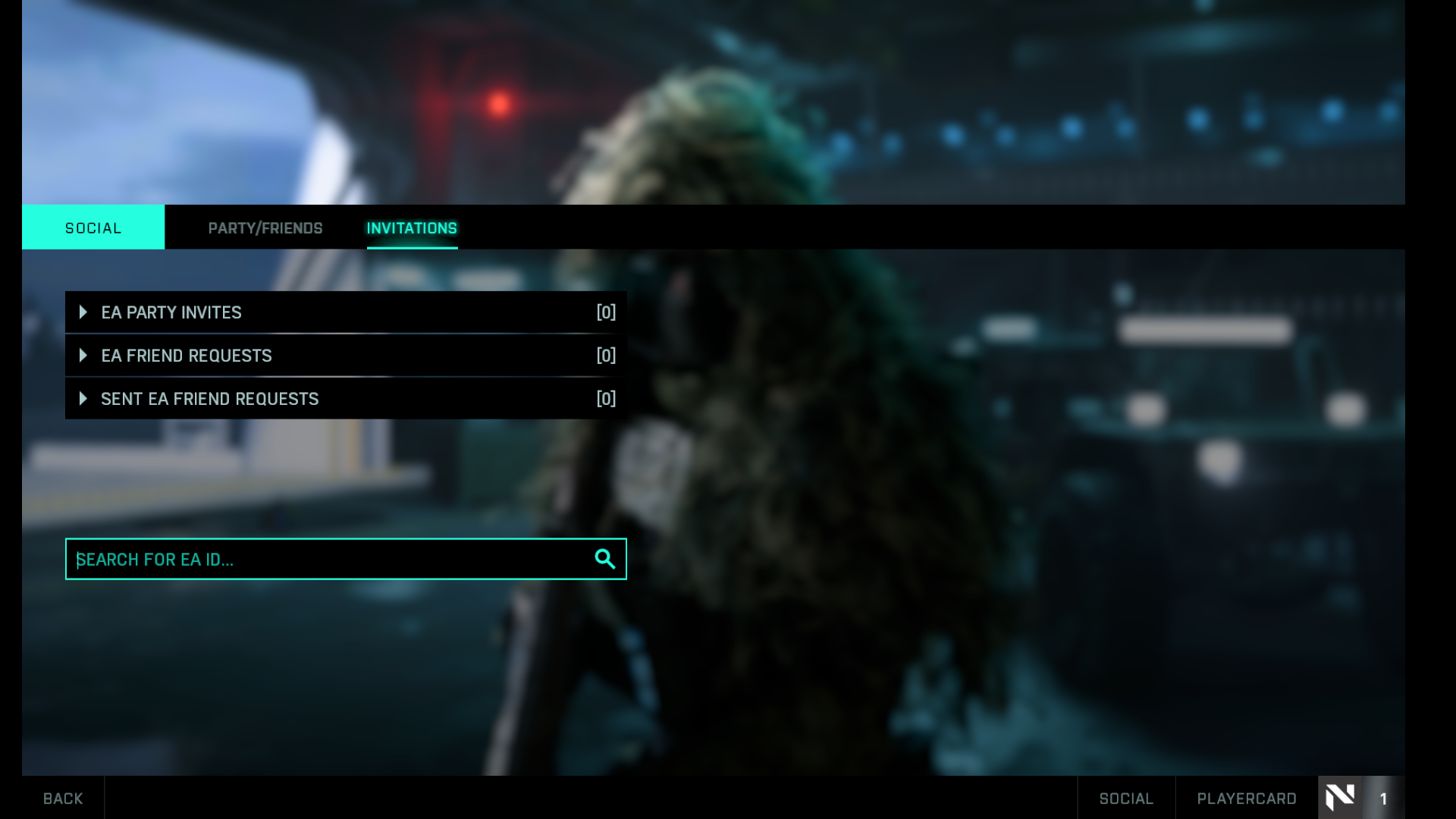The studio also released a new video revealing the remaining five Specialists for the game’s launch. “… we see Specialists as the next evolution of the classic Battlefield class system that will not only enable individual players to have a bigger impact, it will elevate teams that cooperate to newer heights,” DICE said in its blog post. Specialists received widespread criticism during the beta, with fans arguing they limited teamwork, particularly as you weren’t able to see what Specialist your squad mates were using, and called for the return of the traditional class system. In response, DICE said much of the perception about the inability to work as a team was down to the user interface: “… we recognise that numerous improvements to the user interface, identifying between friend and foe, the ping system, and in-game team communication that were missing during the open beta are vital to gameplay.” DICE explained it had disabled “some essential components” of Battlefield 2042’s user interface for the open beta to remove “debilitating” (and now resolved) bugs. DICE also decided to continue to work on some of the UI components for launch from when the studio “branched” in August. DICE insisted that since players weren’t able to play as all 10 Specialists in the open beta, they didn’t get to experience the full breadth of their potential. The EA studio did however acknowledge other issues players experienced during the beta, which it claimed are fixed for launch. On Orbital (the only map available during the beta), the number of tanks has been doubled from four to eight on current-gen consoles and PC. Changes have been made to the movement system, with strafe input added to sliding, the ability to vault on moving objects, and reduced jump spamming. Entry and Exit animations are now shorter, with some removed entirely, while the notoriously buggy elevators in Orbital have also been fixed. DICE also acknowledged there were too many bots in servers during the first few hours of the beta, which weren’t being successfully backfilled with real players. It also made explicitly clear that “bots are not designed as a replacement for other players”. DICE studied why some players were being sent to servers outside their region, and said it had “ironed out a great deal of those creases in time for launch”. Another criticism of the beta was the lack of a ‘Big Map’, which was a staple of previous Battlefield games. Players can rest easy here, as DICE says it is already available in the latest build of the game and will be there on release. Quick actions, or ‘Commo Rose’ (not to be confused with the Chevrolet Camaro), which allows you to quickly indicate to your squad where you’re headed to or if you need anything like a Medkit, was another missing feature in the beta DICE assures will be back at launch. Minor tweaks have also been made to other gameplay elements. The compass will now be always on during gameplay, while the ping system will be more responsive. Score events have also been updated to include teamplay-based activities like healing and resupplying ammo to encourage more teamwork. The kill long is also now more readable, with highlighted colours denoting friend or foe killed. There is also more appropriately-sized messaging on the status of sectors and flag capture events, which received a lot of criticism for being too overbearing in the beta. Moving to accessibility, colourblind settings have been improved to help those with colour deficiencies that were struggling to distinguish UI elements (although frankly even those of us who could see the full colour spectrum had a hard time with the beta’s UI). DICE also defended the loadout system, claiming it was only “partially represented” in the beta: “In the open beta, we unlocked more of the sandbox than is experienced when you first start playing the game, as an important way of testing the behaviour of certain gadgets in a live environment.” In contrast, “for the first four to six hours in the full game, expect to be working with a reduced array of gadgets for your open gadget slot, with your journey through the ranks slowly introducing new ones for your loadouts. That traditional experience of a Battlefield game, where classes fulfill traditional roles is an experience that you graduate out of through the first 10 levels.” “As you progress beyond those levels, you’ll gain access to more specialised hardware, and Specialists, that help to solve scenarios you can encounter, and we expect you to be regularly interacting with your loadouts on the deploy screen to react to the ever changing nature of Conquest and Breakthrough gameplay.” DICE added: “Loadouts are fully customisable. In the open beta, we set you up with four loadouts that mirror that traditional class structure of Assault, Medic, Support, and Recon. They’ll be there at launch too, for all players as default, but there’s actually a much bigger suite of tools available to you to help speed up the act of switching to different setups, and let you get right back into the action.” The ‘Plus Menu’ (the menu that lets you add attachments to your weapon on the fly) also drew criticism since it reset every round (and everytime you respawn with a AK-24, thanks to an odd bug). DICE clarified in the final game: “There are multiple slots per attachment type that you can assign different items into, drawn from an extensive pool of weapon specific attachments that unlock as you play more with the weapons. Anything assigned into slot one, those closest to the centre, is your effective spawned setup. When you deploy with the weapon in hand, you’ll always be set up with your preferred attachments. This can be accessed from the Collections Screen on the main menu, and from within the deploy screen during gameplay.” Health regeneration has also been modified, slowing down the time it takes for the healing effect to start, and helping to increase the need to work with your Medics. The Specialist Maria Falck’s Syrette Pistol has received enhancements and tweaks to improve the feedback you receive when you’re successfully healing an ally, and making it easier to land a syringe on a friendly target by having the Syringes magnetise to friendly targets. Revives are also generally faster. Lighting and tint models have been changed to make enemies more visible, and the UI has also been adjusted so that when you’re within 10 metres of an enemy, an icon is now present above the heads of enemy soldiers, provided they wouldn’t be otherwise occluded by any terrain, or map objects. Friendly icons have also changed so it will no longer be occluded through walls within 40 metres. The default controller mapping has been tweaked and full mapping will be available at launch. Aim assist strength on controllers will also increase. Finally, on crossplay and communication, text chat will be available on console while VOIP will also make a return. Crossplay invites will also be functional at launch. In summary, it appears DICE really took the community’s criticism of the beta to heart. It has made extensive improvements, as well as defended some contentious choices, in time for the game’s release on 19th November.
